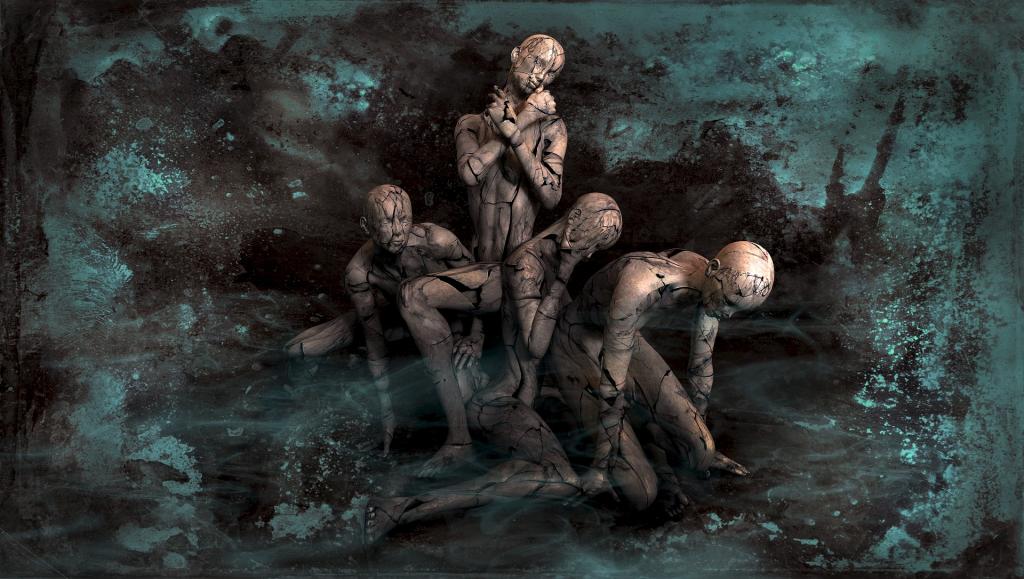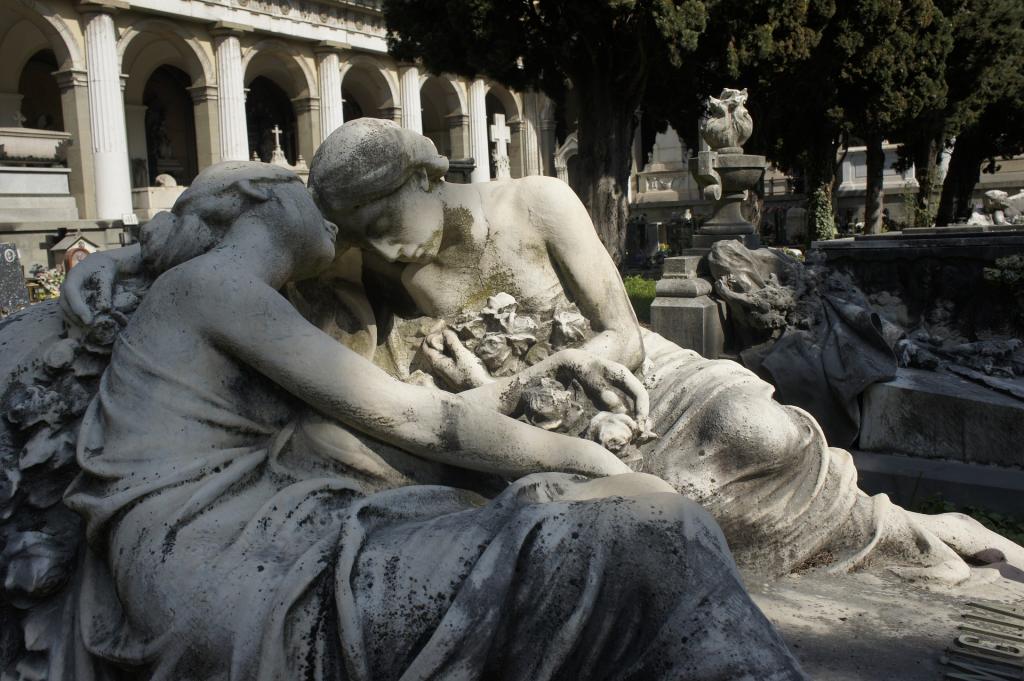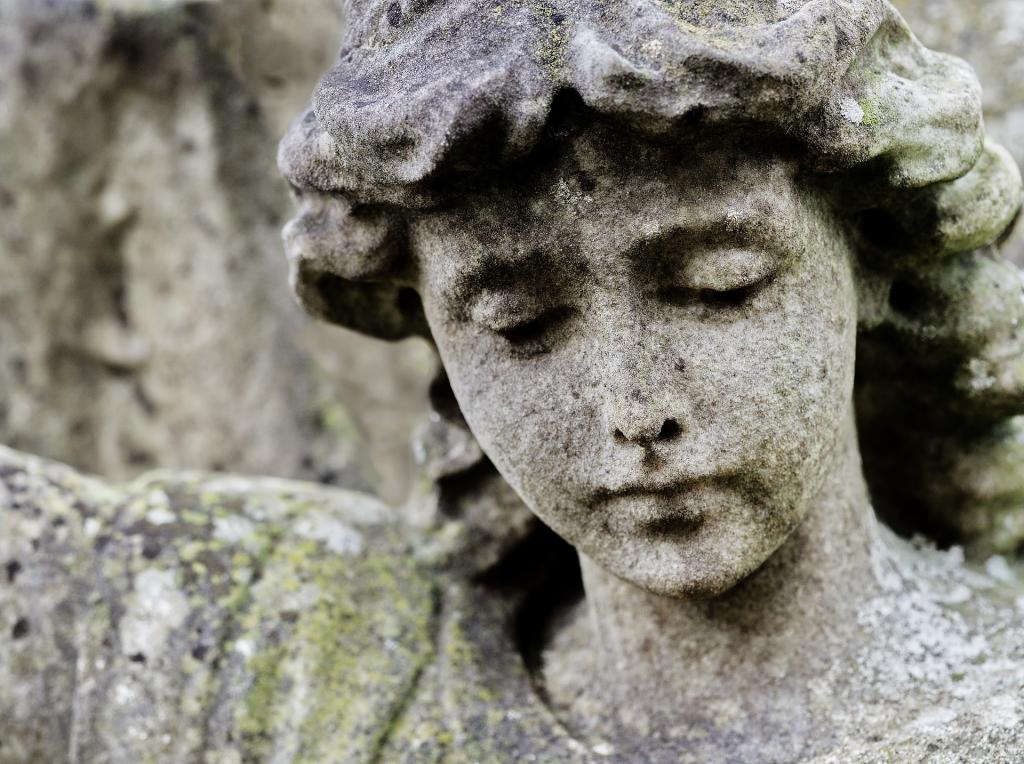
Several months ago, I contacted my editor at Patheos Catholic. “I’m not really Catholic anymore,” I said. “Or, at least I’m not practicing. I guess I kind of consider myself a Catholic-in-exile. I’m wondering if I should move to a different channel.”
The Not-So-Quiet Revolution
At the time, we decided that I should stay and provide a voice for all of the Catholics who were becoming increasingly frustrated with the institutional Church’s response to the unfolding sex abuse crisis. After all, mine was hardly the only bottom that had jumped off the pew as if it were a throne of red hot iron.
Meanwhile, the Bishops kept issuing statements and holding conferences asking “Why are people leaving? Why are collections down? What could be the cause?” The conclusion, it seemed, was always that people were being led astray by the culture, the sexual revolution, and the mass media.
They seemed remarkably oblivious to a simple, obvious fact. People don’t trust institutions that refuse to engage in reasonable transparency and accountability practices, institutions that are rocked by one scandal after another, institutions that are stubbornly deaf to input from the laity, and institutions that thunder on about the sexual immorality of “the world” while quietly trying to sweep widespread allegations of child sex abuse under the rug.
People were leaving because the Catholic Church is an authoritarian institution where the only way you can meaningfully cast your vote is with your feet. And an awful lot of us were sending the Bishops a message: enough lip service. Things have to change. For real. Or we’re out.
So I stayed at Patheos Catholic, blogging under the banner of Catholic Authenticity, in the hopes that maybe someone, somewhere would bother to listen to one of the people who had left rather than simply coming up with pat, self-serving explanations for why we were leaving.
But I found it increasingly difficult to write. Every blog post had inevitable comments asking “Why is this blog on this site? Where are the quotations from Vatican documents? What does this feminist screed have to do with Catholicism?”
It was uncomfortable for me as well.
Close to Home
Those of you who read my old blog will know that my move out of the Catholicism was not precipitated solely by events in the wider church. There was also a strong personal dimension.
Two years ago, prompted by the urging of my older children, I separated from my ex-husband. Although there were many things that I loved about him, our marriage and family life had been dying a long, slow death largely as the result of alcohol abuse.
The drinking was not, however, the only issue. There were also abusive, controlling and isolating behaviours that had plagued our relationship for a long time. Alcohol sometimes mitigated these problems, sometimes exacerbated them, and always made them impossible to address or discuss in a fruitful way.
For the first year that we lived apart I hoped that we would be able to reconcile. He would hit bottom. We would go to marriage counselling. The counsellors would be able to look at our situation objectively and help him to understand that respecting my boundaries wasn’t optional. We’d find out what was driving his controlling behaviour, what was making him drink, what caused him to become so angry. Patiently, together, we’d work it out.
That didn’t happen. Instead, he became increasingly upset that I wouldn’t let him return home before the problems were resolved, that I wouldn’t allow him to control the issues that were discussed in counselling, that I wouldn’t push away my support network in order to return to the way that things had been.
Finally I realized that he had no interest in building the kind of life that I envisioned for us. He didn’t want to make the kind of substantive changes that were necessary to create a healthy relationship. As far as he was concerned, the problem was with other people: my family, our children, my friends, me. Definitely the problem was not his behaviour. Or his drinking.
So I told him our marriage was at an end.
Patria Potestas
As I began to recover, to rebuild my life, I also began to research and learn about abusive relationships. How do they function? Why do people stay for so long? Why do we let things get so bad? What tactics do abusive people use to keep their victims feeling trapped? How do they maintain control?
This was during the height of the sex abuse scandal in the church, so literally every couple of days I saw a Bishop making an address or putting out a statement. And what I saw, again, and again, and again were exactly the same tactics that I was reading about in my books on domestic violence.
Gaslighting. Blame shifting. Playing the victim. Blaming the victim. False equivalencies. “Fault on both sides.” The guilt-trips for anyone who wanted to leave. The claim that this is all in the past and things are better now. The vague insinuations that however bad things are here, they’ll be a hundred thousand times worse if you leave. The claims that you have to stay because there’s nowhere else that you can go.
The hierarchy was always sorry, of course. But really, when you thought about it, it wasn’t their fault. After all women in the pews were contracepting. The secular world had rejected Christian sexual ethics.
Without quite saying it outright, they insinuated that there was a connection between these things: that if women took control of their fertility, gay people married each other and consenting adults had sex outside of wedlock, somehow that made it more difficult for clergy to avoid having sex with kids. That if only the laity had given full control of their sexuality over to the Bishops, then the Bishops would have found it much easier to crack down on sex-crimes among their Priests.
If only we had listened to them and done exactly as they said, they wouldn’t have been forced to lie and abuse.
The logic of every abuser.
The fact that these patterns were still so transparently evident in the public “apologies” of so many Bishops told me that my hopes for reconciliation with the Catholic Church were about as realistic as my hopes for reconciliation with my ex.
These were not repentant men. These were men who had been caught with their pants down and who were doing everything possible to wriggle out of responsibility, and to make the fewest possible changes in order to continue enjoying the privileges and power granted to them by the status quo.
So I started, in earnest, the search for a new spiritual home.
The Way Forward
I haven’t found one yet. The question of whether there are safe spaces for women within traditional Christianity is one of the questions that I’ll be exploring here. As are questions of how a gospel of universal dignity became a patriarchal, and increasingly nationalist, fertility cult.
I’ll be looking at the dynamics of abuse and domination and asking how they operate in religious spaces. I’ll be examining the ways that religious authorities discourage their followers from establishing healthy boundaries, and I’ll be talking about how this lack of boundaries enables abusive people to operate easily within religious institutions.
And I’ll be asking: how can we build something better? How can we save the Kingdom of God from the violent men who would bear it away? How do we participate in the divine work of casting the mighty from their thrones and raising the lowly?
I hope that those of you who followed me on Patheos Catholic will join me here, and that those of you who are just joining me now will enjoy walking through these questions together.
Waywardly Yours,
Melinda











